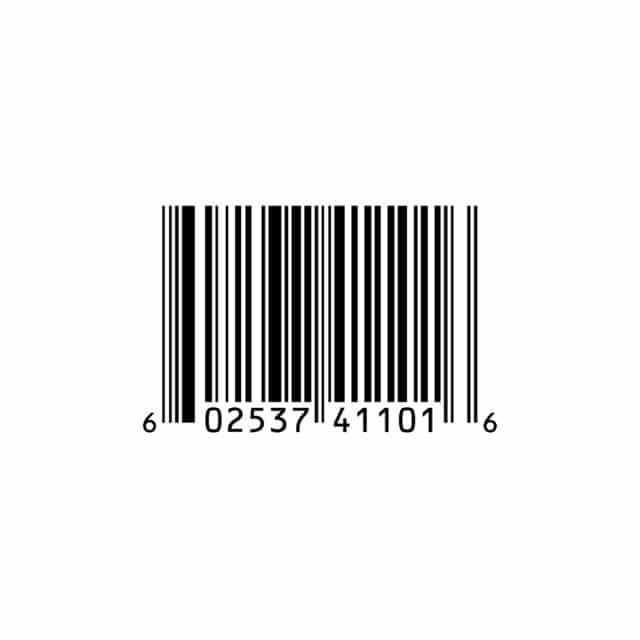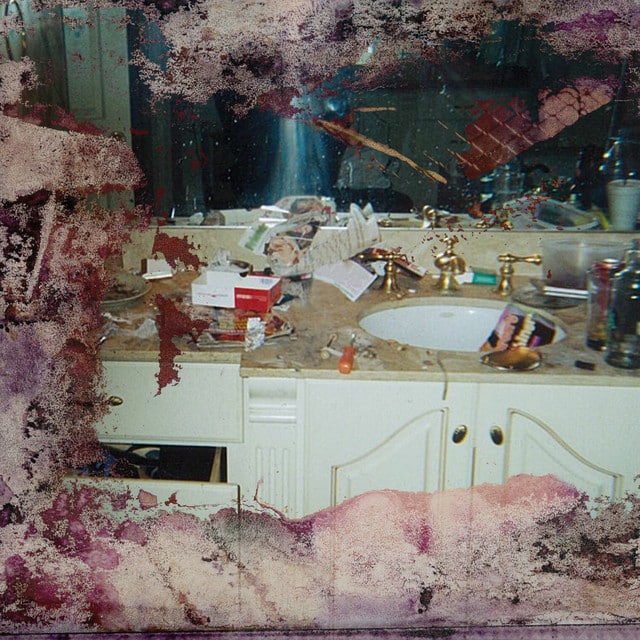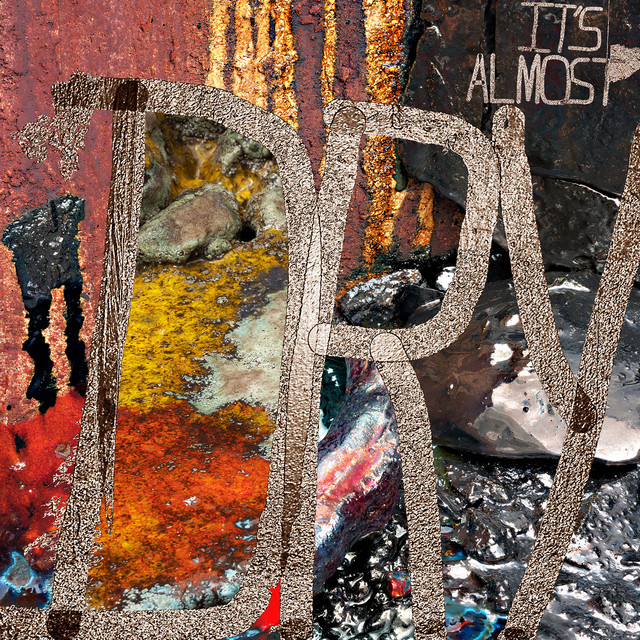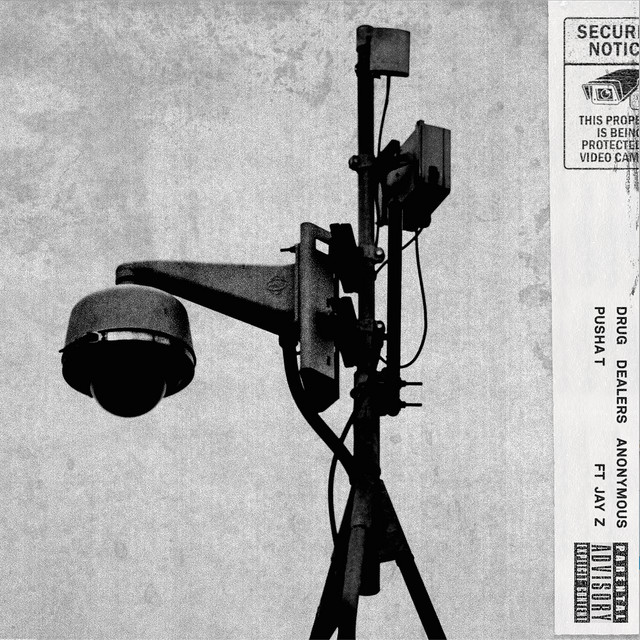Released: 2013 • Features: Kendrick Lamar
“Nosetalgia” by Pusha T, featuring Kendrick Lamar, is a raw, unflinching examination of the drug trade and its impacts on both artists’ early lives. Pusha T, known for his intricate storytelling through rap lyrics, launches into a gritty tale of his experiences involved with drug dealing, while Lamar interjects somber musings on the trials and impacts the industry had on his own upbringing.
Pusha T initiates his verse by taking us back to his past: “20 plus years of selling Johnson & Johnson”. This is a clever play on words; while “Johnson & Johnson” is widely recognized as a producer of baby products, it’s also slang in the drug trade, referring to cocaine. The line signifies how Pusha T has seen the drug game change from his early years, where he started out “as a baby-faced monster”. His conscience “diaper rash” – a reference to his mental discomfort from his involvement in the drug trade.
Pusha T continues using evocative images such as “Gem Star razor and a dinner plate” to underscore his activities in the dangerous world of drug dealing. “Arm and Hammer and a mason jar” stand for baking soda and a container, tools commonly used to cook crack cocaine, his “dinner date”. He reflects on his previous life, acknowledging the harm he’s caused selling drugs, likening himself to a ‘doctor causing pain in the hood’.
Then Kendrick takes over the mic to describe the drug-infested environment he grew up in. Unlike Pusha T, who was directly involved in dealing, Kendrick recounts experiences from the perspective of a youngster watching his elders in Compton struggle with addiction. His vivid descriptions – “Smokers repeatedly buying” his game console for drug money, his ‘auntie’ stealing it, and others “hitting the pipe” – reflect a harsh reality he was surrounded by.
Kendrick’s verse is even more impactful as he addresses his father, who himself was entangled in the drug trade, selling “soap fiends bubble bath” (selling crack cocaine to addicts). The father-son dynamic offer insight into the generational cycle of the drug trade, with Kendrick vowing to get his father out of the life through his own success, not in drugs, but in music: “Go figure, motherfucker, every verse is a brick / Your son dope, nigga.”
“Nosetalgia” isn’t just a track about selling drugs; it’s an acknowledgment of the circumstances both artists emerged from, the unromanticized reality of the drug trade, and the impact it has on their identity. In essence, it’s a testimony to survival, resilience, and eventually, triumph.








